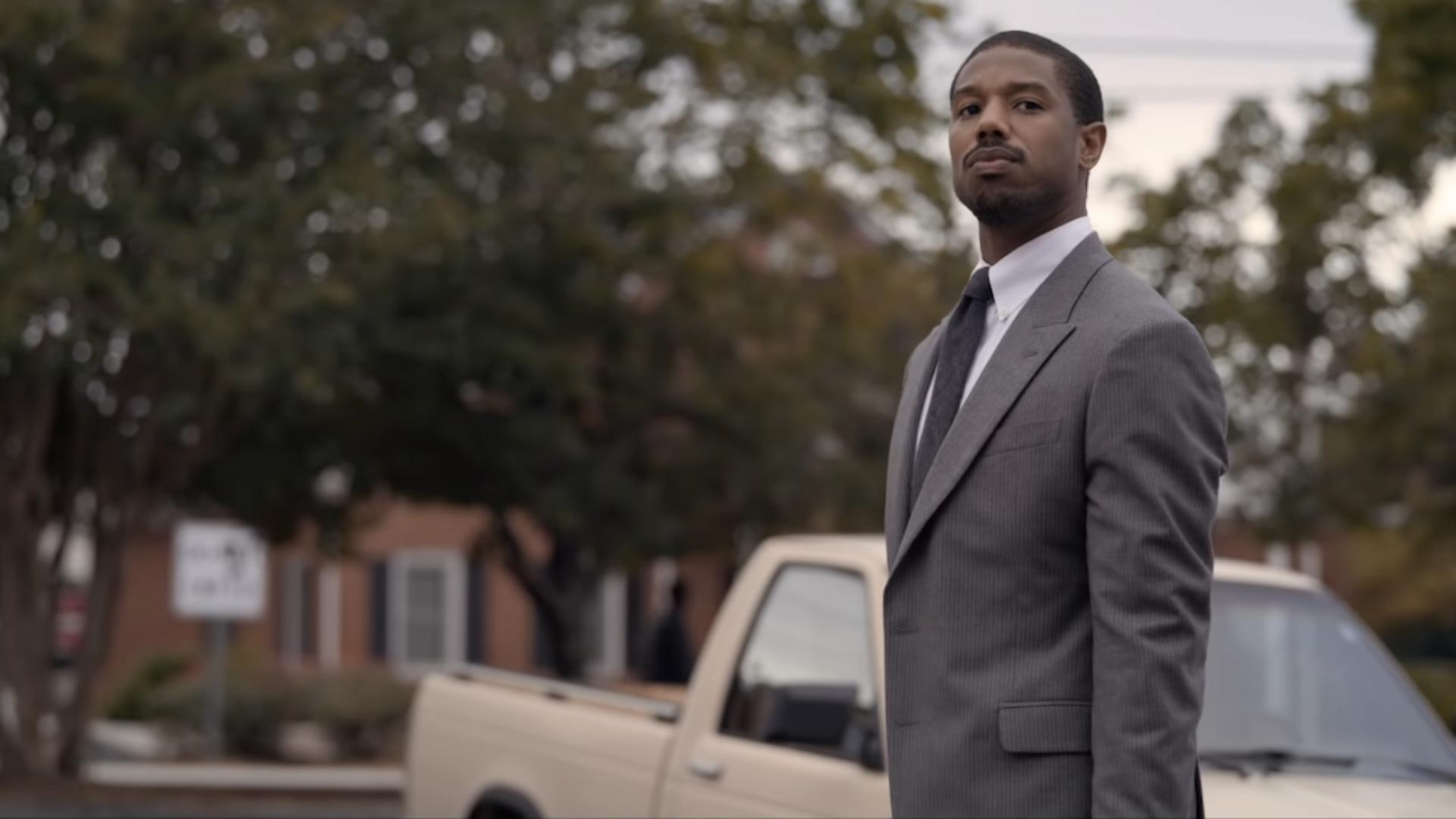On April 16, without prior notice, Sinners exploded onto the box office like a long-range missile. In its first weekend, it earned $61 million worldwide, $48 million in the United States. In the second weekend, it added another $45 million in North American theaters, the smallest drop for a movie in its first two weeks since Avatar in 2009. Just 20 days after its release, it has already surpassed $156 million in its home country and $207 million globally.
The undeniable phenomenon is the result of the collaboration between director Ryan Coogler and actor Michael B. Jordan. This is the fifth film by the filmmaker and the fifth starring his favorite actor since Fruitvale Station in 2013. "Michael is my star quarterback," Coogler acknowledged in a joint interview on CBS's morning show on the premiere day. "He has always given me vibes of being my older brother even though we are the same age. He is someone I admire," Jordan responded.
Together, they have amassed around $2.605 billion in box office revenue from their five projects, an enormous amount, with "Sinners" (translated as "Los pecadores" in Spanish) showing unstoppable growth week by week. Coogler's vampire thriller is already a blockbuster; it has won over Tom Cruise, who has become its great supporter; it will be re-released in nine American theaters in 70-millimeter format on May 15, and its high budget, around $90 million, is now a laughable figure. As reported by Vulture, Warner, the studio that assumed that amount, had set $170 million as the limit to start making profits. In less than three weeks, it has already far exceeded that, and the reviews are fantastic both for the film and for Michael B. Jordan's performance, who has taken on the dual role of twins Elijah and Elias Moore.
It has been 12 years since the director and actor's relationship began with a movie, "Fruitvale Station," whose budget did not even reach a million dollars. The rights to this film were eventually acquired by Harvey Weinstein's studio for two million, and the project was well received at the Cannes Film Festival - it was presented in the Un certain regard section - and also at Sundance, where it was showcased. That film ended up grossing $17 million in theaters and allowed Coogler to transition to more commercial cinema. In his first experience after that transition, the director once again enlisted Michael B. Jordan to portray Adonis Creed, the son of Rocky Balboa's eternal rival, in the "Creed" spin-off. And once again, it was a box office success. The movie grossed over $173 million.
However, their real breakthrough came with the Black Panther franchise, where Jordan played the villain. The first installment, released in 2018, grossed around $1.35 billion and still ranks 19th among the highest-grossing films in cinema history. To put it into perspective, among the countless Marvel sagas brought to theaters, only The Avengers and the latest Spiderman movie, No Way Home, have had better commercial results. Additionally, the second installment, Wakanda Forever, achieved a respectable $859 million in revenue. Over $2 billion from just two projects.
Within this commercial success story, Sinners is just the latest - for now - link in the successful partnership forged by Coogler and Jordan. And this, despite the fact that the vampire thriller faced serious challenges in finding a studio willing to accept the conditions set by the filmmaker and his team to move forward. They demanded a percentage of box office revenues from the theatrical release, even before the studio made profits; the authority to decide how their film would be released, a power symbol usually reserved for industry giants like Steven Spielberg or Martin Scorsese, and, above all, that the rights to the film would revert to them after 25 years. This last point generated the most controversy when accepting the film because it directly clashed with one of the main assets of film studios: their catalog.
